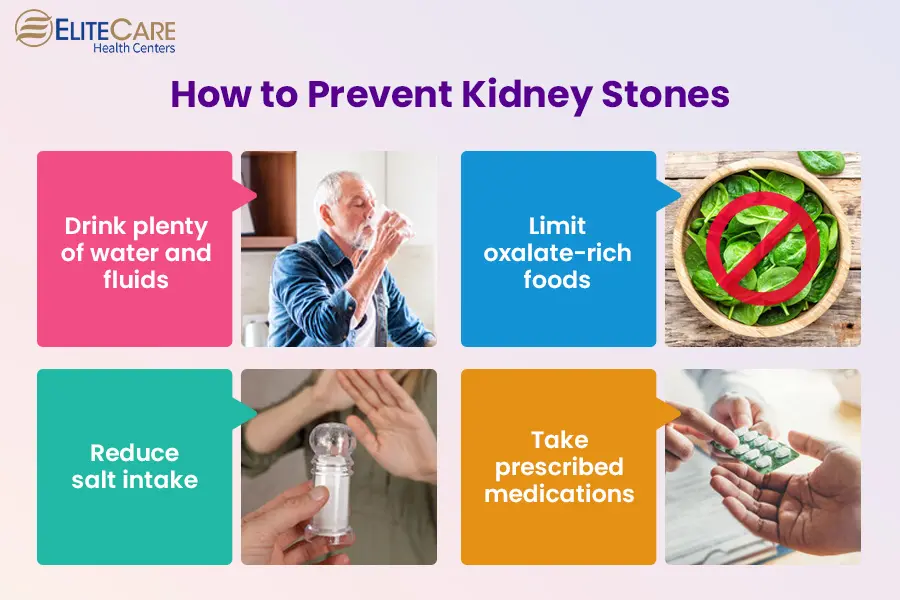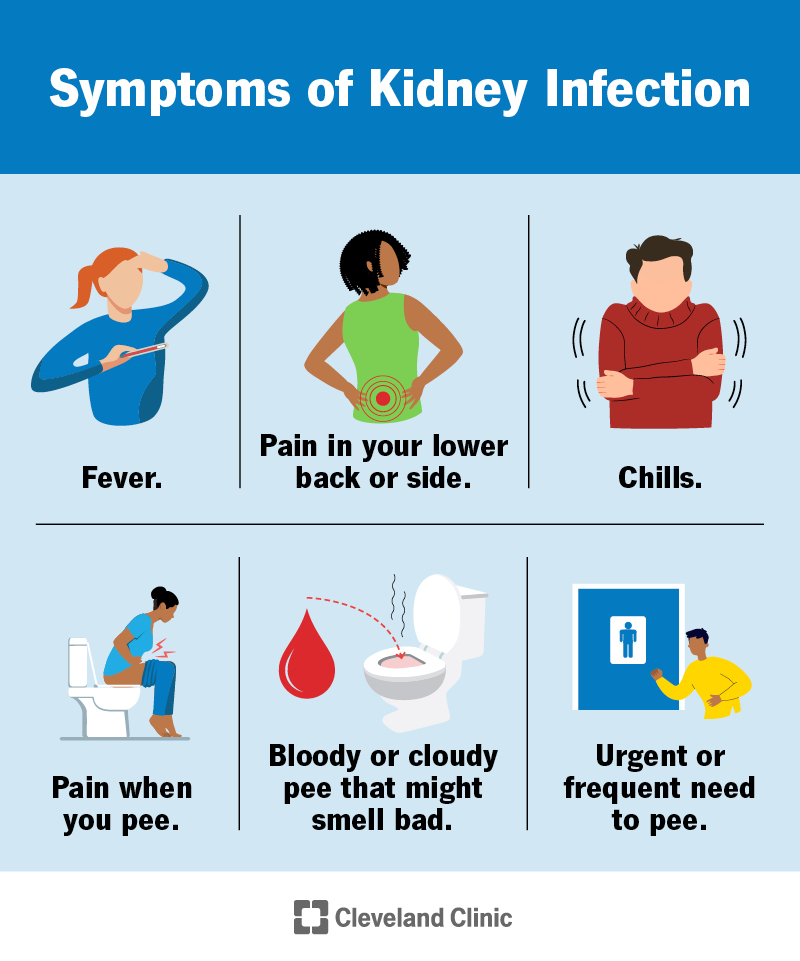Exploring the Symptoms and Causes of Kidney Stones in Comparison to Urinary System Infections: An In-depth Overview
The exploration of kidney stones and urinary system tract infections (UTIs) reveals an intricate interplay of signs and symptoms and underlying reasons that warrant cautious exam. While both problems can bring about hematuria, they offer unique clinical attributes and occur from different etiological variables. Understanding the nuances of each problem is important for reliable medical diagnosis and management. What are the crucial distinctions in their signs and symptoms, and exactly how might these educate therapy strategies? The solution to these inquiries may supply essential understandings into the avoidance and treatment of these typical urological issues.
Summary of Kidney Stones
Kidney rocks, also referred to as renal calculi, type when certain materials in the urine crystallize and aggregate, resulting in the development of difficult down payments within the kidneys. These stones can vary in dimension, ranging from a grain of sand to a golf round, and can be composed of numerous products, the most usual being calcium oxalate, uric acid, struvite, and cystine. The development of kidney stones is affected by several factors, including dietary behaviors, liquid consumption, and hereditary tendency.
Signs of kidney stones may include serious discomfort in the back or side, blood in the urine, nausea or vomiting, and frequent peeing, particularly as the rock moves with the urinary system tract. Medical diagnosis normally entails imaging research studies such as ultrasound or CT scans, together with urinalysis to identify the rock's composition.
Treatment choices vary based upon the size and kind of stone, in addition to the severity of signs and symptoms (Kidney Stones vs UTI). Small stones may pass normally with boosted fluid intake, while larger rocks might call for medical interventions such as lithotripsy or medical elimination. Comprehending the pathophysiology and danger factors linked with kidney stones is necessary for effective prevention and monitoring
Review of Urinary Tract Infections
Urinary tract infections (UTIs) prevail bacterial infections that impact any kind of component of the urinary system, consisting of the kidneys, ureters, bladder, and urethra. They mainly take place when microorganisms, commonly from the intestinal tract, go into the urinary system, causing swelling and infection. UTIs are classified right into 2 primary kinds: uncomplicated and challenging. Straightforward UTIs normally take place in healthy and balanced people with normal urinary system systems, while difficult UTIs might arise in individuals with hidden problems, such as architectural problems or endangered body immune systems.
The frequency of UTIs is notably greater in females than guys, mainly as a result of physiological distinctions, such as a shorter urethra. Danger variables include sex, specific contraceptive approaches, urinary retention, and dehydration. The medical diagnosis of UTIs is generally validated through pee examinations, which may expose the presence of germs, white blood cells, or red blood cells.

Signs of Kidney Stones
The pain connected with kidney stones can manifest in different ways, usually leading individuals to seek medical interest. Among the most typical symptoms is severe discomfort, generally local in the lower back or side, which may emit to the abdomen or groin. This pain, commonly explained as sharp or cramping, can happen instantly and might change in intensity.
In addition, people may experience hematuria, or blood in the urine, which can vary from tiny quantities to noticeable discoloration. This signs and symptom might be accompanied by changes in urinary practices, such as boosted frequency or necessity, along with discomfort during urination. Queasiness and vomiting are additionally common, often arising from the body's reaction to extreme pain.
In some instances, individuals might experience high temperature and cools, particularly if a second infection creates because of the blockage triggered by the stones. Generally, the combination of severe pain, hematuria, modified urinary system patterns, and intestinal symptoms can provide significant insight into the visibility of kidney stones, warranting punctual clinical analysis and intervention. Understanding these signs is crucial for timely medical diagnosis and efficient site link management of the problem.
Signs And Symptoms of Urinary System Tract Infections
Infections within the urinary system tract usually provide a variety of distinctive symptoms that can significantly influence every day life. The most typical signs and symptoms include a relentless urge to pee, usually gone along with by a burning feeling during urination, referred to as dysuria. People may also experience raised regularity of peeing, producing small quantities of pee each time.
Various other remarkable symptoms consist of gloomy or foul-smelling urine, which might indicate the existence of bacteria or pus. In some cases, pee may appear pink or red as a result of the existence of blood, a condition understood as hematuria. Furthermore, individuals may experience pelvic pain or stress, which can even more worsen the sensation of urgency.
Systemic signs and symptoms may also manifest, such as high temperature, chills, and fatigue, specifically if the infection has actually risen to the kidneys. It is crucial to identify these symptoms early, as neglected urinary system infections can bring about a lot more severe difficulties. Kidney Stones vs UTI. Trigger clinical interest is encouraged when these symptoms are observed, permitting suitable diagnostic examination and treatment to alleviate discomfort and prevent additional health problems
Sources Of Each Problem
Often, kidney rocks and urinary tract infections arise from distinctive yet occasionally overlapping causes that can influence individuals in a different way. Dehydration, insufficient liquid intake, and high-sodium diet regimens can worsen these problems, promoting crystallization within the urinary system system.

Recognizing these distinctive causes is critical for avoidance and therapy. Kidney Stones vs UTI. While way of living alterations may reduce the risk of kidney rocks, suitable hygiene and prompt treatment of urinary system system infections are essential for reducing their reoccurrence and linked issues
Verdict
In summary, kidney stones and urinary system system infections existing distinctive signs and symptoms and underlying reasons. Kidney rocks are identified by extreme discomfort and metabolic aspects, while urinary tract infections primarily involve microbial infections causing urinary urgency and pain. Although both conditions can result in hematuria, their development mechanisms vary considerably. Understanding these distinctions is critical for efficient medical diagnosis and therapy, ultimately enhancing patient results for those influenced by either my latest blog post condition.
The exploration of kidney rocks and urinary tract infections (UTIs) exposes a complicated interplay of signs and symptoms and underlying causes that necessitate careful examination.Urinary system system infections (UTIs) are common bacterial infections that impact any type of component of the urinary system, consisting of the kidneys, ureters, bladder, and urethra.Often, kidney stones and urinary system infections occur from distinct yet often overlapping causes that can impact individuals in a different way.In recap, he has a good point kidney rocks and urinary system tract infections existing unique signs and symptoms and underlying reasons. Kidney stones are characterized by extreme pain and metabolic aspects, while urinary system infections mainly involve microbial infections leading to urinary system necessity and discomfort.